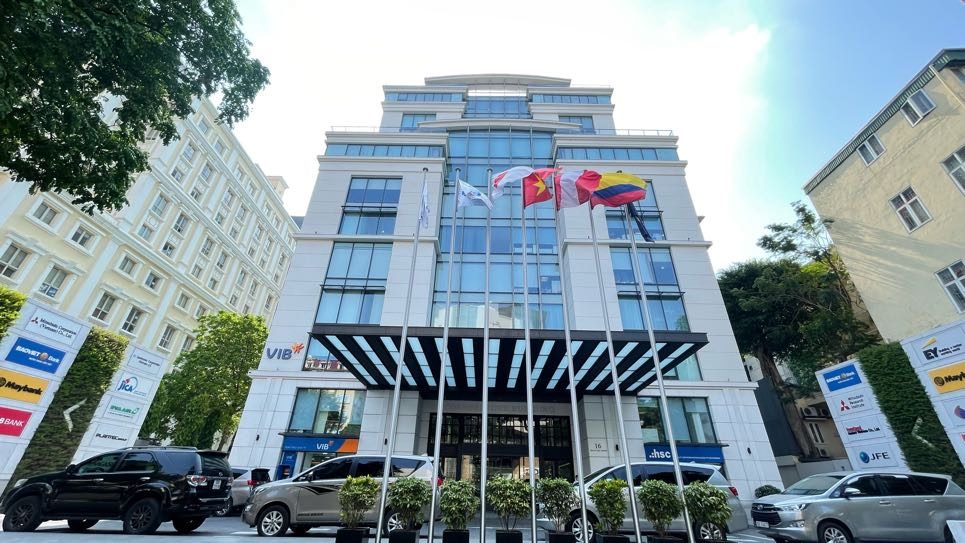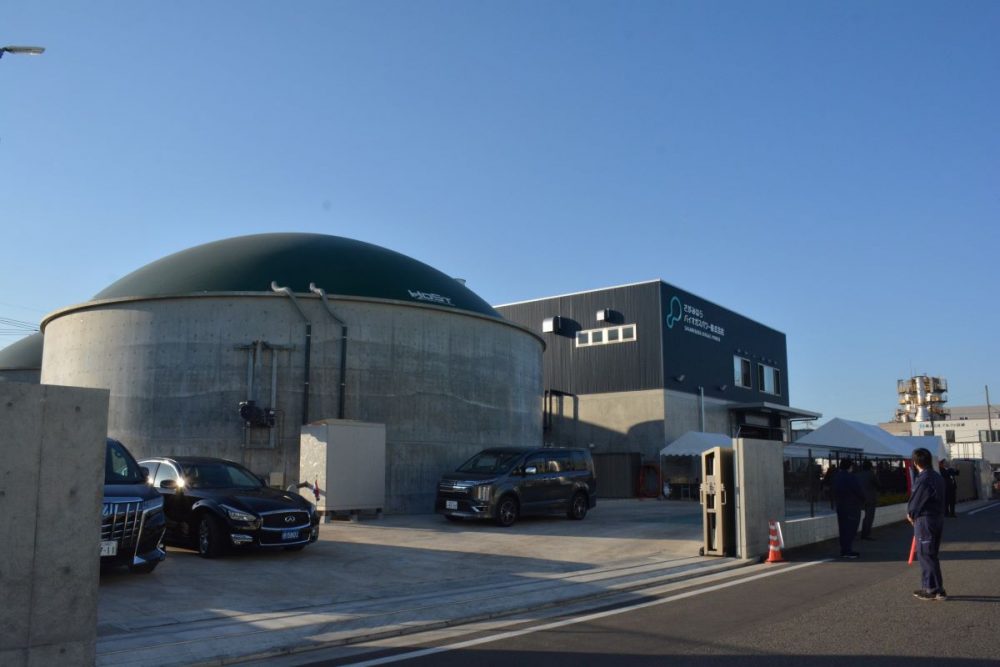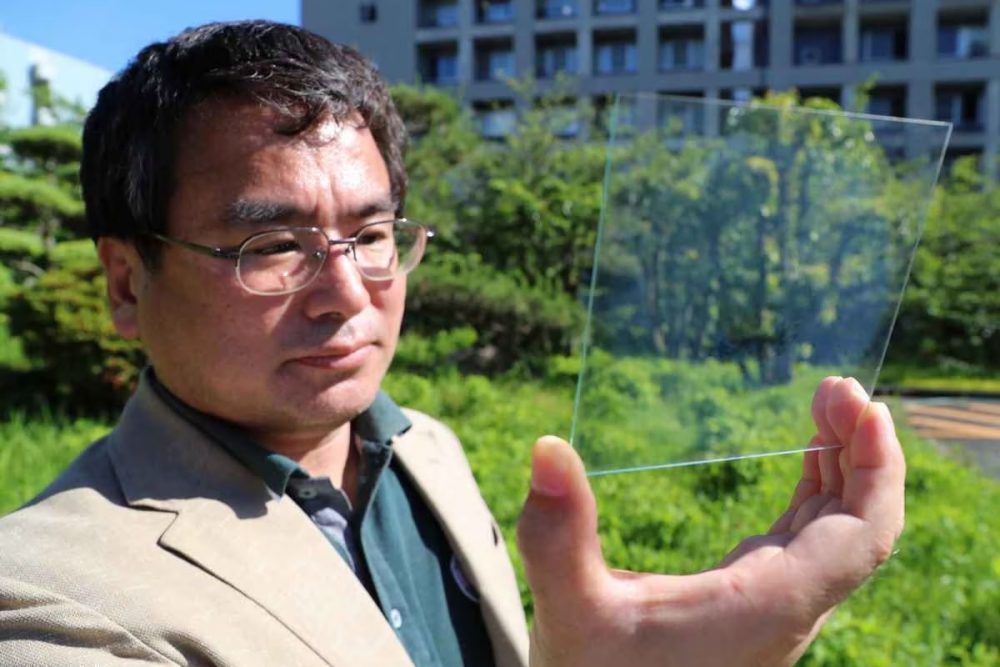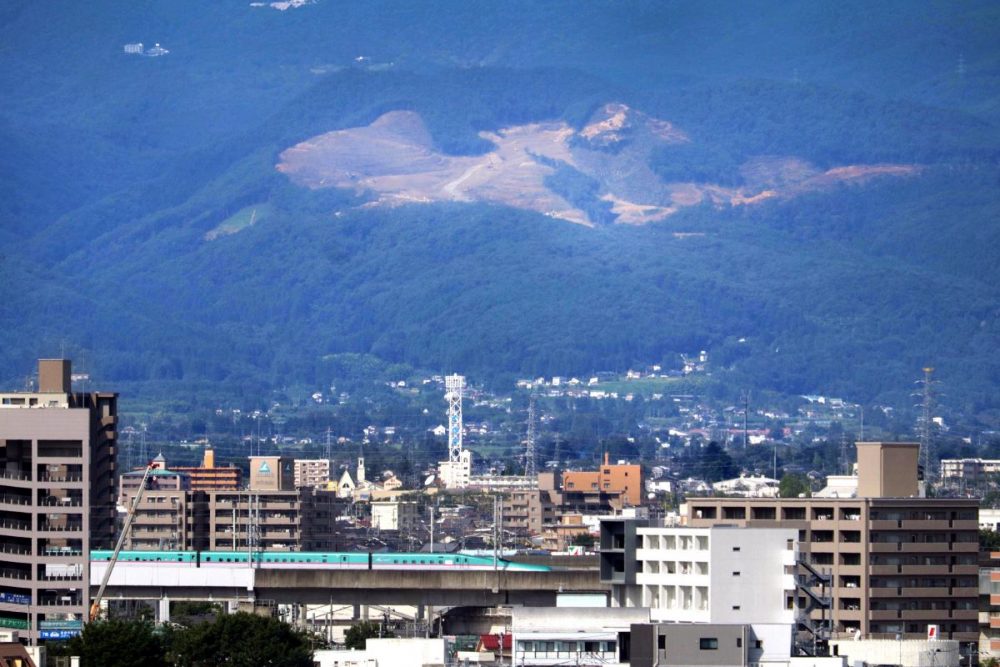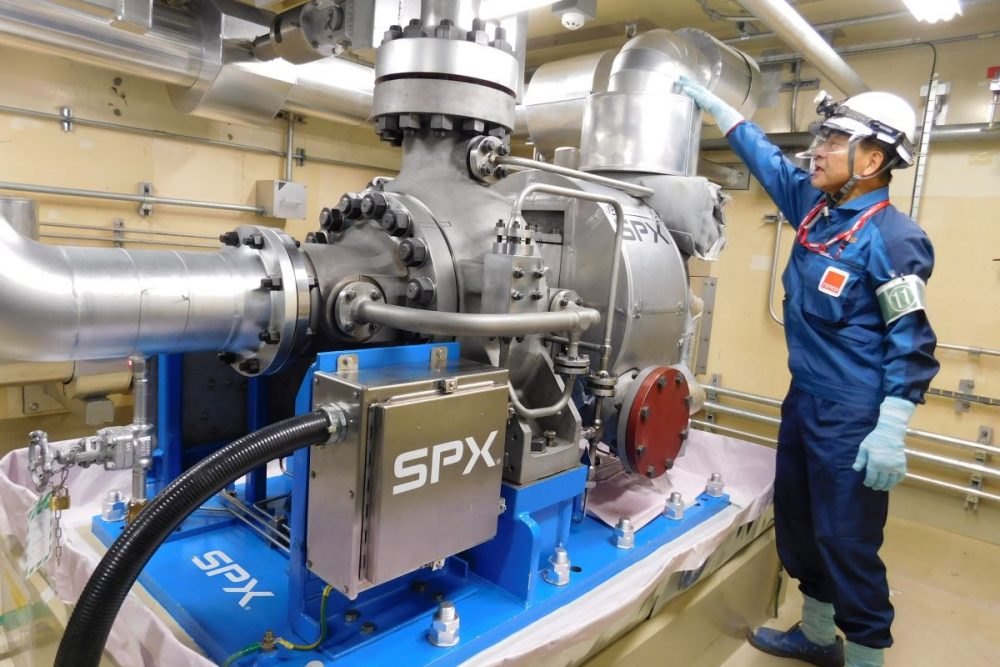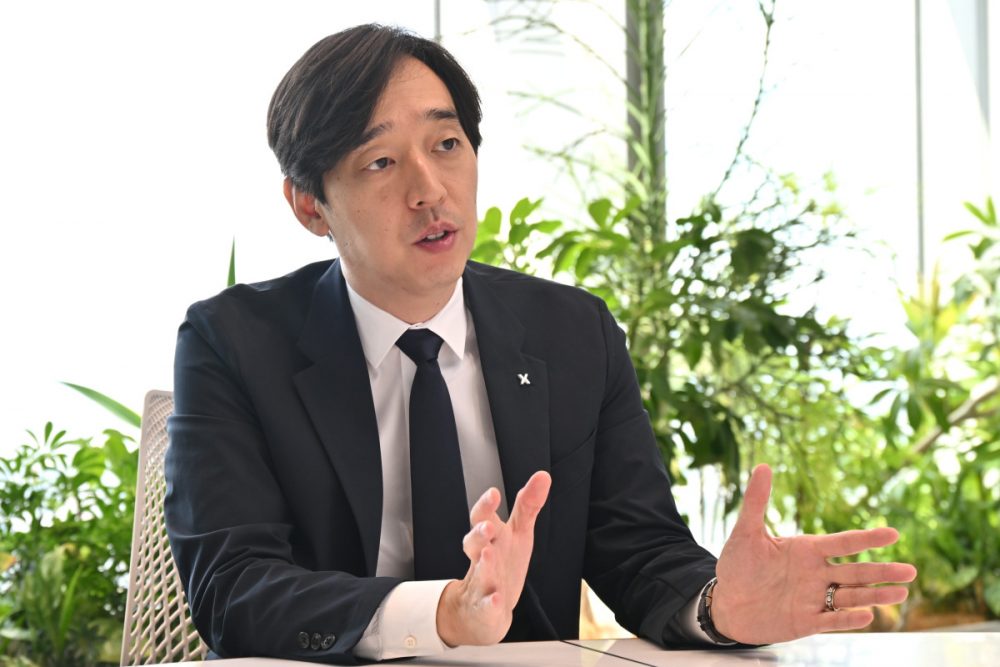Kewpie Channels Excess Mayonnaise into Power Generation, Curbing Waste
Food manufacturer Kewpie is reducing waste by combining excess mayonnaise with livestock manure to make biogas via methane fermentation for power generation.
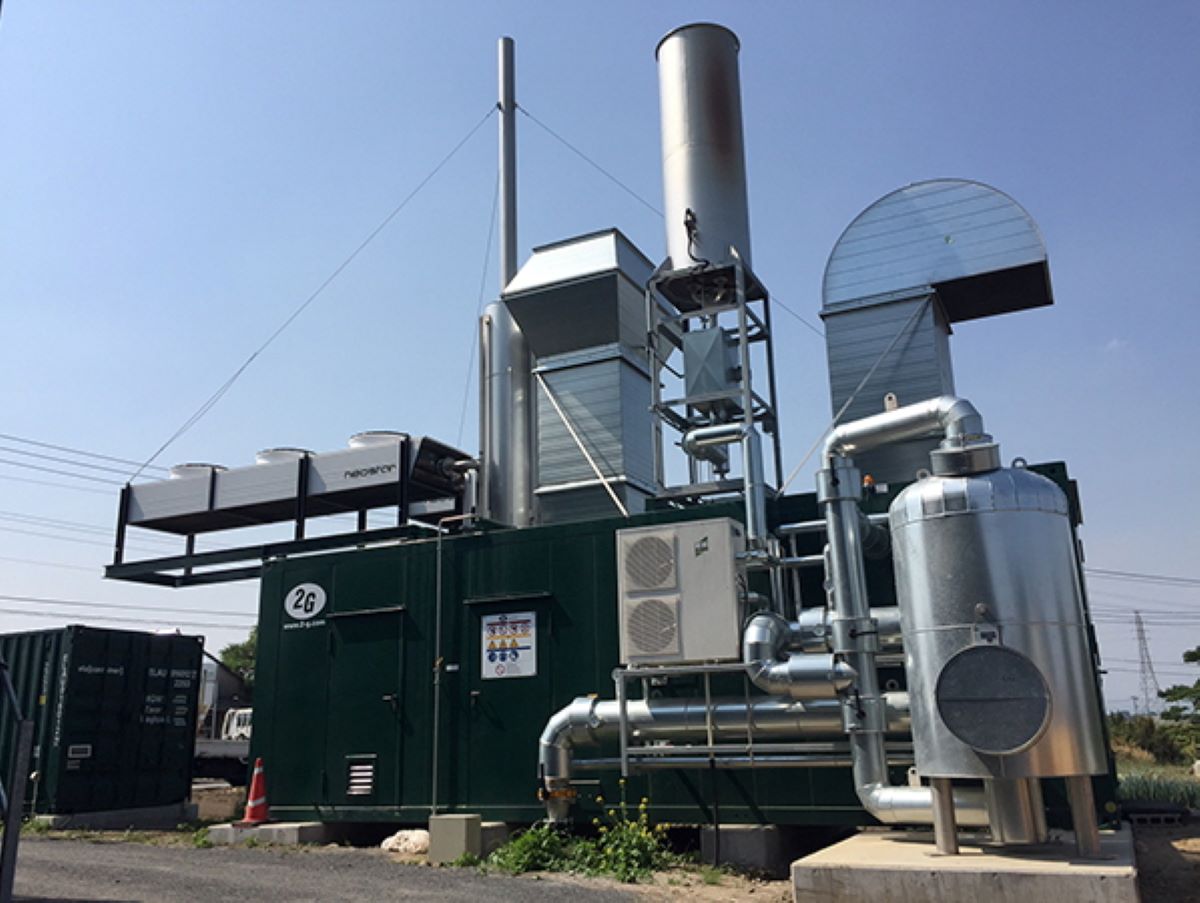
このページを 日本語 で読む
Kewpie, the company that pioneered mayonnaise sales in Japan, is actively pursuing an innovative approach to converting waste mayonnaise into fuel for biogas power generation.
Reducing Waste
The inspiration for this initiative originated with a pig farmer in Fukaya City, Saitama Prefecture, who was using potato peels from Kewpie as feed for pigs. The pig farmer was generating power from pig manure and methane-producing bacteria. But the farm faced challenges in keeping the project going. The high moisture and low-calorie content of pig manure meant it produced only a limited amount of gas when fermented.
Meanwhile, Kewpie was grappling with waste mayonnaise generated in producing its many types of commercial use products. Mayonnaise residues had to be cleaned from pipes when switching production from one product to another, and this food residue ended up as waste for disposal.
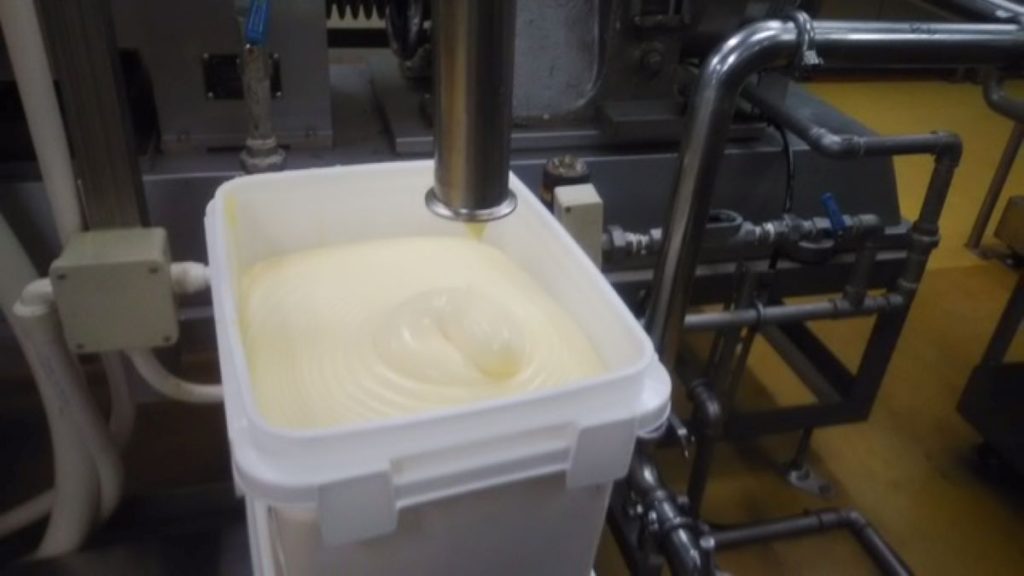
The company's efforts to reduce waste through pipeline shortening resulted in a reduction of waste to one-third by 2022, compared to 2015 volume. Still, the company was losing approximately 0.47% of its annual production volume and paying fees for incineration of this waste.
Power from Mayonnaise
In responding to the concerns of the pig farmer, Kewpie embarked on an investigation into whether high-calorie mayonnaise could help. The firm conducted repeated trials at its plant in Goka Town of Ibaraki Prefecture, located not far from the Fukaya pig farm. Experiments identified the nutritional components of mayonnaise and the optimal ratio for mixing it with manure to activate the bacteria.
Currently, five of Kewpie's factories, including the Goka Plant, are supplying waste mayonnaise for power generation. In 2022, roughly 670 megawatt-hours of electricity was generated, equivalent to the annual electricity consumption of the company's Tokyo Shibuya headquarters.
Yuki Matsubara, a key player in the initiative, expressed her satisfaction. "We were able to create value from the entirety of mayonnaise we produced," she remarked.
The company reduced its annual carbon dioxide (CO2) emissions by 980 tons, but challenges persist in minimizing CO2 during transport from factories to power generation facilities. Kewpie is advancing plans to generate power at their own plants to address this issue.
このページを 日本語 で読む






